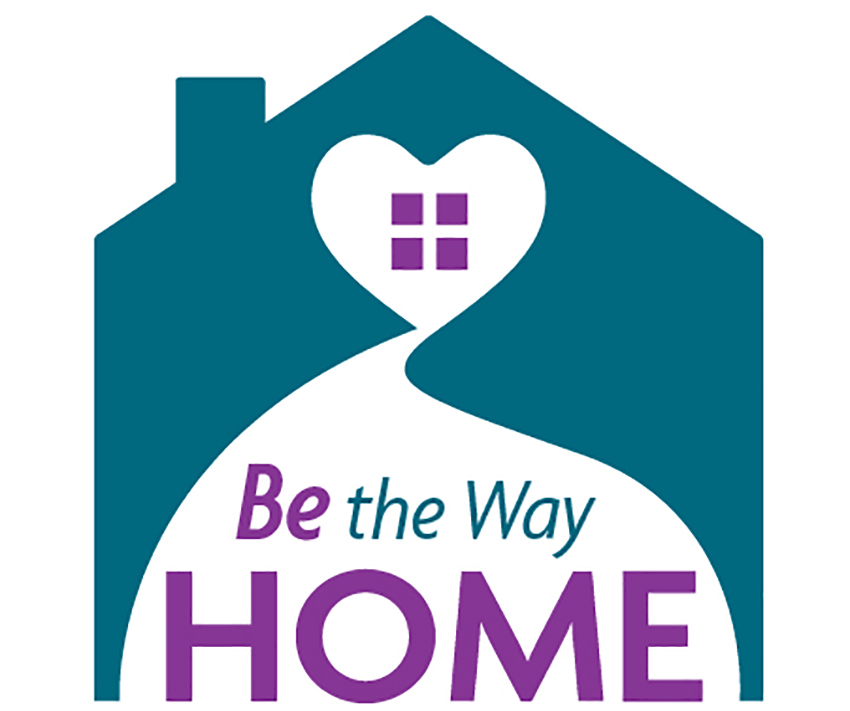We’ll help you and people in your household complete background checks. We require background checks to protect the child or youth in your care.
What a background check covers
When we do a background check, we look for information that’s relevant to the health, safety, and well-being of children and youth. We will not look at your citizenship status, or minor violations like speeding tickets.
We’ll email you to schedule an appointment for fingerprinting. We’ll also review information about you from multiple sources.
If you have a conviction, negative action, or pending criminal charge
You may still be able to become a kinship caregiver or have a kinship license even if you have certain criminal convictions, civil or administrative penalties (also called “negative actions”), or pending criminal charges on your record.
For some criminal convictions, negative actions, or pending criminal charges, we’ll review other information about your character, suitability, and competence to make a decision on your application.
A previous criminal conviction does not affect your application if:
- You received a pardon.
- A court expunged your record.
- A court vacated your conviction.
For the full list of criminal convictions and negative actions and how they may affect your eligibility to be a caregiver or have unsupervised access to children, visit the Washington State Department of Social and Health Services’ Secretary's List of Crimes and Negative Actions for Employees and Providers.
If you have a criminal conviction or negative action on the list that’s “permanently disqualifying” for child welfare, we cannot approve your application.
If you have a criminal conviction or negative action on the list that’s “5 year disqualifying” for child welfare, and it’s been less than five years since your conviction or negative action, we cannot approve your application until five years after your conviction or negative action.
If you received a Certificate of Parental Improvement (CPI)
We may still consider the events that led to the substantiated or “founded finding” of child abuse or neglect to decide whether to grant you unsupervised access to children.
If you received a Certificate of Restoration of Opportunity (CROP)
We’ll still see this finding on your record.
Who needs a background check
When you apply to become a kinship caregiver, we do background checks on all these people:
- You, the caregiver.
- Anyone age 16 or older who lives in your home.
- Anyone age 16 or older who lives on your property, and who has unsupervised access to the child or youth.
If you're applying for an initial license, all household members age 16 and older must have started the background check process.
Kinship children or youth, including youth in extended foster care, do not need background checks.
We pay the costs related to background checks.
How we use your background check information
We will let other agencies involved in your application process know whether you’ve passed your background check.
We will not share specific information about your criminal record with any other people or agencies, regardless of whether you pass the background check or not.
What happens after your background check
We’ll email you to let you know whether you’ve passed the background check or not.
If we find a criminal charge, negative action, or pending charge on your background check, we’ll work with you to continue your application.
If you want to appeal the department's decision, you can request an administrative hearing. Follow the instructions in the decision letter we send you. You cannot appeal convictions, negative actions, or pending criminal charges in the administrative hearing.
Related content
Read the regulations
For more information read the Washington Administrative Codes (WACs) related to these topics:
- WAC 110-149-0320: Issuing initial licenses
- WAC 110-149-0330: Kinship licensing process
- WAC 110-149-0340: Background check requirements

